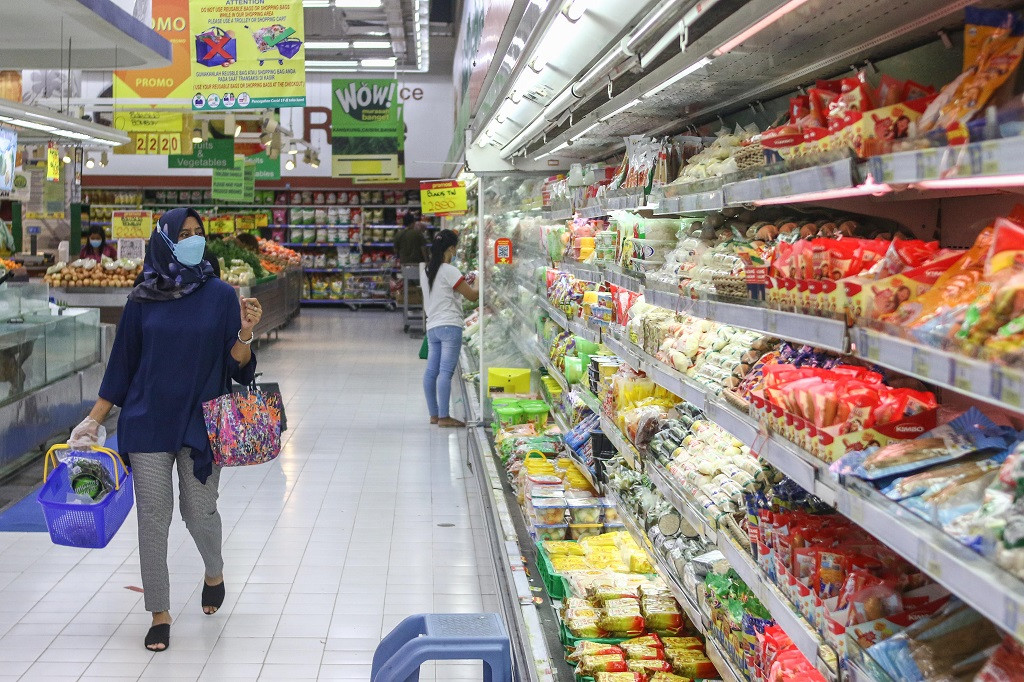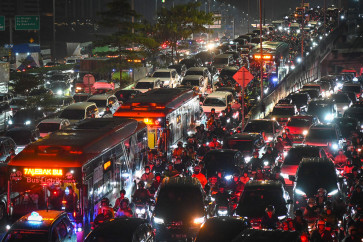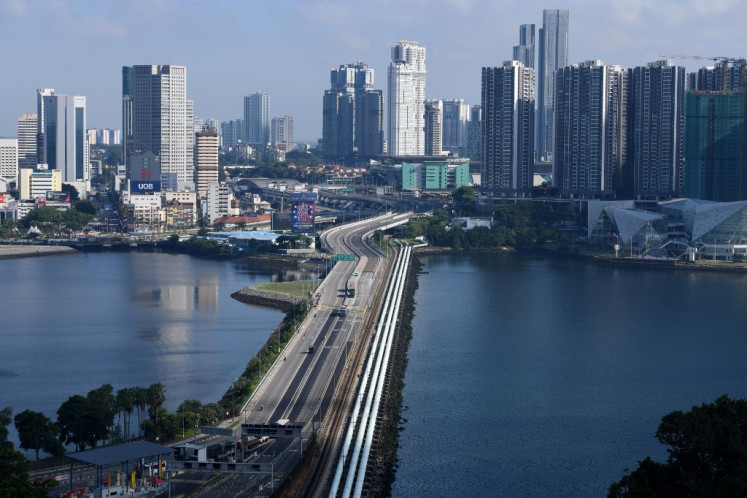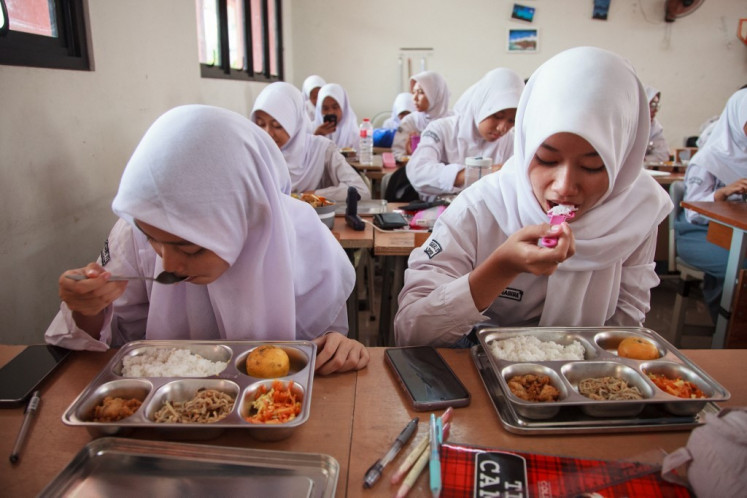Popular Reads
Top Results
Can't find what you're looking for?
View all search resultsPopular Reads
Top Results
Can't find what you're looking for?
View all search resultsOptimistic signs of Indonesia’s recovery this festive season
Only 30 percent of our respondents believe that their personal finances are back to normal, while 24 percent believe their activities have returned to normal.
Change text size
Gift Premium Articles
to Anyone
W
ithin Indonesia, there are optimistic regulatory and scientific milestones that are marking a potential recovery for the nation. For example, a government-commissioned survey of Java and Bali revealed 99.2 percent of people had COVID-19 antibodies. In addition, the two-year ban on mass travel for Eid was also lifted recently.
From an economic perspective though, what are the signs that Indonesia is entering a recovery phase? To understand this, McKinsey & Company has regularly checked the pulse of consumers during the COVID-19 pandemic. We explore four key insights from a survey conducted in Indonesia on March 16-26 that are indicative that the economy is in recovery, along with the impact of these trends on local businesses.
Indonesian consumers are among the most optimistic about an economic recovery, second only to India. Close to seven in 10 (68 percent) believe the economy will rebound in the next quarter and be as strong or even stronger than before the COVID-19 pandemic – this is up from 40 percent in June 2020.
More than half of our respondents (55 percent) said that they intend to splurge or treat themselves in 2022. Discretionary spending such as on apparel, shoes, travel, dining out, beauty and cosmetics topped the list of categories on which to splurge. It is important to note though that this perception of optimism can be illusory, and it does not take much to destabilize. Only 30 percent of our respondents believe that their personal finances are back to normal, while 24 percent believe their activities have returned to normal.
It is well established that consumers across age groups and income classes purchased significantly more online than they did pre-pandemic, and that this behavior is likely to persist. What is perhaps more surprising is that adoption of at-home alternatives to out-of-home activities continues apace in Indonesia. For example, there was a 24 percent increase in virtual consultations with physicians, and 65 percent of those who tried it said they intend to continue post-pandemic. The same pattern shows up in category after category.
Categories with highest growth and intent to continue include grocery delivery, digital banking, online streaming, wellness, rapid/instant delivery, cryptocurrency and digital deal finding. We were particularly intrigued by the other end of the spectrum, those categories with high growth during the pandemic but lower intent to continue – such as video conferencing tools, self-pick-up of food orders from restaurants and virtual group-buying.
Only 29 percent of our respondents said they had returned to “normal” out-of-home activities. When further probed, about 90 percent said that the recent Omicron wave had further changed the way they engaged in out-of-home activities. Routine, day to day activities such as going to work, in-store shopping, meeting family and friends, and using ride sharing were the least impacted. Others such as attending indoor cultural events, going out for family entertainment, traveling on public transportation and visiting crowded outdoor spaces were impacted.
While these activities will likely rebound, the effects could be long-lasting. Across all out-of- home activities, 85-90 percent of our respondents said they are either doing less of, or doing them differently, than before the COVID-19 crisis.
Many readers will be curious about what this means for spending during the month of Ramadan leading up to Idul Fitri. We framed a series of questions about festive season spending in our survey.
Half of our respondents were eager/excited about the 2022 holiday shopping season. Combine this with the 55 percent who intend to splurge or treat themselves and there seems to be a clear signal of increased spending. About 40 percent plan to travel this year, with 75 percent saying they will spend the same or more on family travel than before the pandemic. Other categories with high intention to spend include gifting (82 percent), eating out (73 percent), redecorating home (81 percent). Of note, most of our respondents (65 percent) said they would spend less this year on household appliances.
Retailers looking to attract shoppers back in store can watch out for two things. Firstly, 59 percent said they would shop at a different store than they usually would. The key driver of this change in loyalty is not value for money; rather 45 percent said they would switch because of safety concerns. There is a clear call to action to continuously signal that premises are sanitized and that retailers take safety concerns seriously.
Secondly, 49 percent said they would shop more online. As expected, better prices and promotions is the number one reason (53 percent), but a perception that quality is better online is a very close second (51 percent). This is an important marker in the maturity of Indonesia’s e-commerce sector.
While emerging green shoots of post pandemic re-opening and growing consumer confidence are encouraging signs, this can be shaken by developments outside of anyone’s control. How this plays out in the real economy will depend on complex factors and businesses should continue to adopt an agile posture.
***
Ali Potia is a partner at McKinsey & Company’s Singapore office while Adrian Kartawidjaya is an engagement manager at McKinsey& Company’s Indonesia office.











